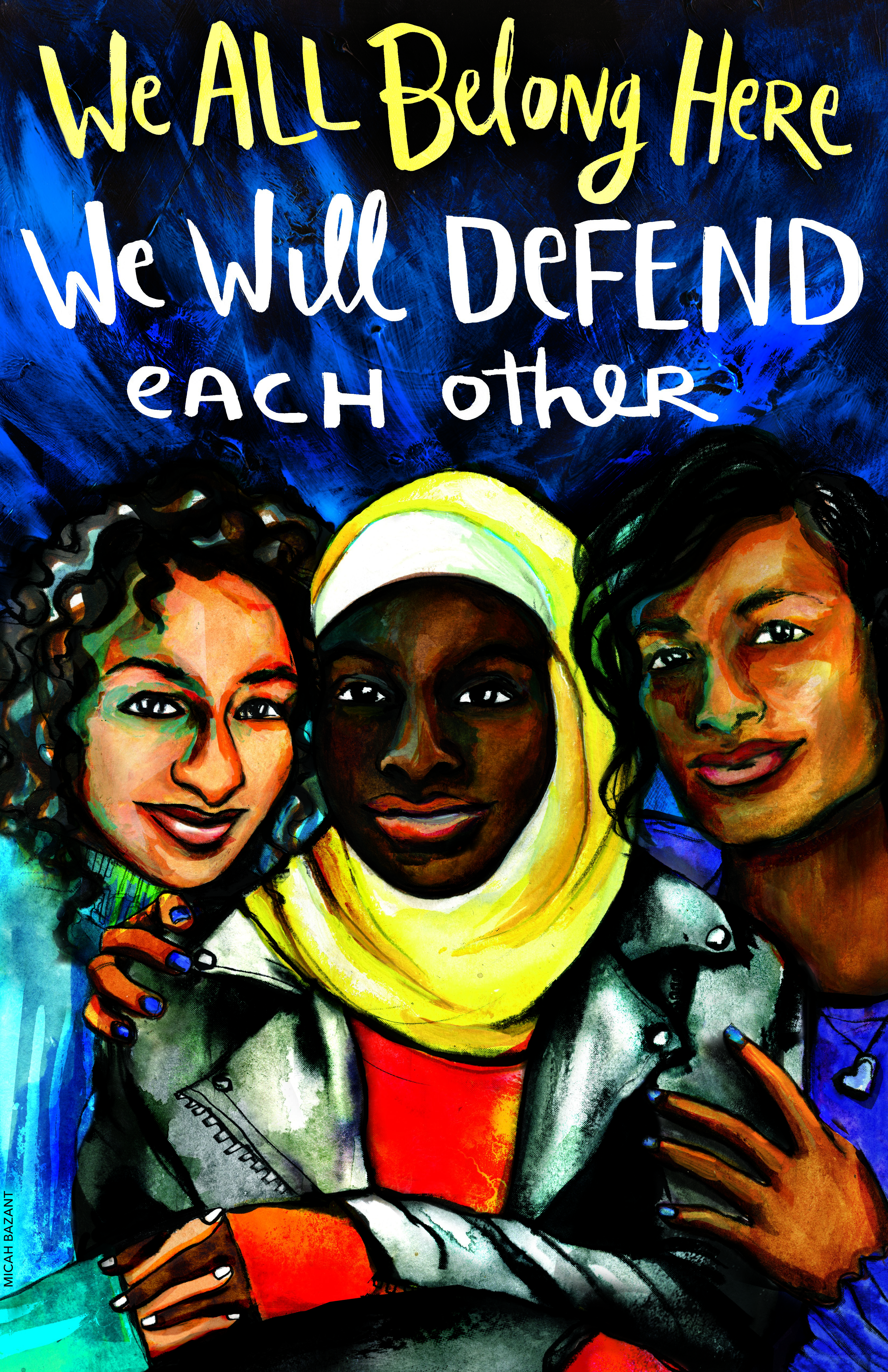U.S. immigration enforcement: Shocking changes
Things are changing fast for vulnerable communities with which Maryknoll missioners have worked for decades.
The following article is an analysis of recent changes to the immigration enforcement policy in the United States and was published in the March-April 2017 issue of NewsNotes. Special thanks to Eileen Harrington, Mission Activities Coordinator and co-member of the Loretto Community, for sharing her legal expertise for this article.
On February 20, Secretary John Kelly issued two memoranda to the Department of Homeland Security (DHS) workforce providing direction to implement the three recent executive orders from President Trump on border security and enforcement of the immigration laws.
We offer the following analysis of these “what do we do now” memos as well as a brief review of the federal criminal statute dealing with various ways one might offer sanctuary and other help to undocumented immigrants.
To summarize the executive orders in one sentence: Anyone who is undocumented is now at risk of arrest, incarceration, and deportation and anyone who offers charity to an undocumented person is at risk of harsh penalties.
The Immigration and Customs Enforcement (ICE) and U.S. Border Patrol, as well as local law enforcement cooperating with ICE, now have enormous latitude to place undocumented immigrants in custody and initiate expedited deportation proceedings.
All previous guidance from Homeland Security about enforcement of immigration laws is revoked, with one exception: the Deferred Action for Childhood Arrivals (DACA) program. DACA is a policy started by the Obama administration in June 2012 that allows undocumented immigrants to the United States who entered the country as minors to receive a renewable two-year period of deferred action from deportation and eligibility for a work permit.
The new memos say that undocumented persons processed by Border Patrol will no longer be released pending a hearing. They will be detained – which will require more border patrol agents, more detention centers, more immigration court personnel – and if the hearing determines that the person is undocumented, then deported.
More harshly, the new memos state that undocumented persons detained at the border will not be afforded a hearing. What was commonly known as “catch and release” will no longer be permitted. Instead, persons detained at the border will be held in detention facilities and deported immediately.
The 2011 memo that directed ICE agents not to conduct raids at or near “sensitive locations” – schools, places of worship, and hospitals – has been withdrawn. This means undocumented persons are legally no safer at sanctuary churches or college campuses than they are anywhere else.
The 2011 memo had said, among other things, that ICE agents would not enter sensitive locations for the purpose of enforcing immigration laws. The previous guidance did allow ICE agents to enter sensitive locations to look for undocumented person who had been convicted of non-immigration crimes. This prior guidance gave schools, hospital, and places of worship the ability to offer sanctuary to undocumented persons. This is now ended.
The new guidance empowers ICE and Border Patrol agents to take into custody any undocumented immigrant who is suspected of committing any crime. Entering the United States without legal authorization is a crime. This means any ICE agent, Border Patrol agent, or local law enforcement agent cooperating with ICE can lawfully detain anyone who is undocumented, and also can initiate expedited deportation proceedings.
The memos offer particular guidance for persons who seek asylum and unaccompanied minors. Asylum seekers will be held until they are interviewed by asylum officers, who will determine whether the person has a credible claim to fear for safety if returned home. Unaccompanied minors will be processed, and placed in the care of persons or organizations. Historically, 60 percent of all undocumented minors have been placed in the custody or one or both of their undocumented parents in the U.S. Under new guidance, if an undocumented minor is reunited with undocumented parents, the whole family will be taken into custody and deported.
Lastly, there is a federal criminal statute that makes it a crime to provide specific kinds of assistance to undocumented immigrants. It is a crime to knowingly harbor, provide transportation for, or give assistance in avoiding detection, to any undocumented person. The sanctions for violating this statute are up to five years in prison and criminal fines. Rev. John Fife of Southside Presbyterian was convicted under this statute in the 1980’s and was given five years probation. The sentences are much greater – up to 20 years – if the undocumented person to whom assistance is provided commits violent crimes in the United States.
“We remain steadfast in our commitment to care for and respect the human dignity of all, regardless of their immigration status. During this unsettling time, we will redouble our work to accompany and protect our immigrant brothers and sisters and recognize their contributions and inherent dignity as children of God.”

